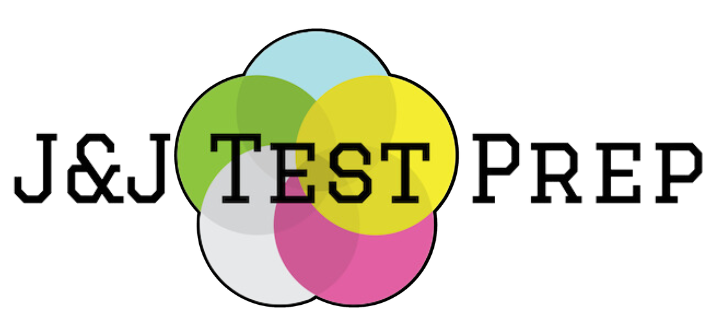Why “Coachability” is the X-Factor in SAT/ACT Success
When it comes to SAT/ACT prep, most people assume that a student's starting score is the best predictor of their success. While it’s true that a solid baseline can help, there’s an often-overlooked factor that matters even more: coachability. This quality—an "intangible," if you will—can make all the difference between a student who reaches their full potential and one who stalls out, even with the same initial score.
Coachability is hard to measure upfront. Two students might walk into a first session with identical starting scores, but their trajectories may vary drastically based on how open they are to feedback, how willing they are to implement new strategies (even when uncomfortable), and how determined they are to improve through effort and persistence.
To illustrate this, let’s liken it to sports. Imagine two athletes:
Athlete A is naturally talented. They rely on instinct and raw skill to excel in their sport. However, they struggle to accept feedback from coaches, often sticking to old habits even when better techniques are suggested.
Athlete B has less natural ability. They start slower, but they’re hungry to learn and eager to take advice. They practice new drills, even when it feels awkward, and they trust their coach’s expertise, revisiting and refining their skills over time.
In the short term, Athlete A might outperform Athlete B simply because of their natural edge. But over time, Athlete B's coachability allows them to surpass Athlete A. By listening, adapting, and working harder, they end up mastering skills that Athlete A never does.
The same principle applies to test prep. A student who is “naturally good” at the SAT or ACT might initially see success just by taking practice tests, but without coachability, they’ll eventually plateau. On the other hand, a student who is less confident at first but open to feedback, willing to practice diligently, and eager to improve will steadily rise to the top.
What Does Coachability Look Like in Test Prep?
Coachability isn’t just about showing up to sessions. It’s about a mindset and specific behaviors that lead to improvement:
Motivation to Improve: The student wants to do well for themselves—not just because a parent is pushing them.
Willingness to Do the Work: They complete assignments on time, even the unglamorous drills.
Open-Mindedness to New Strategies: They’re willing to try alternative methods for solving problems, even if it feels awkward or counterintuitive at first.
Resilience in the Face of Mistakes: They see errors as opportunities to learn, not reasons to give up.
Retrying Difficult Assignments: They revisit challenging material until they’ve mastered it, instead of being satisfied with poor scores.
But beyond these tangible behaviors, there’s an intangible quality to coachability. It’s the ability to trust the process and a willingness to get uncomfortable in pursuit of improvement.
How to Identify and Cultivate Coachability
For parents and students starting the test prep journey, it’s worth reflecting on what coachability might look like in practice. If you’re a student, ask yourself: Am I truly open to feedback? Am I willing to push through challenges? If you’re a parent, try to gauge your child’s openness to learning and their attitude toward setbacks.
The good news? Coachability can be cultivated. Students who might not seem open at first often grow into it with the right encouragement and mindset. By focusing on small wins and building confidence, even the most reluctant learners can develop the habits of highly coachable students.
Why It Matters
At J&J Test Prep, we’ve worked with every type of student—those who started with high scores and low motivation, those who struggled early but rose to the challenge, and everything in between. Time and time again, it’s the coachable students who achieve the biggest transformations. When we post grand +400 point improvements, it is always the coachable students who boast these proud transformations.
Test prep isn’t just about where you start; it’s about how much you’re willing to grow. So, whether you’re naturally gifted or starting with a lower baseline, remember that in the long run, being coachable is what will set you apart.
